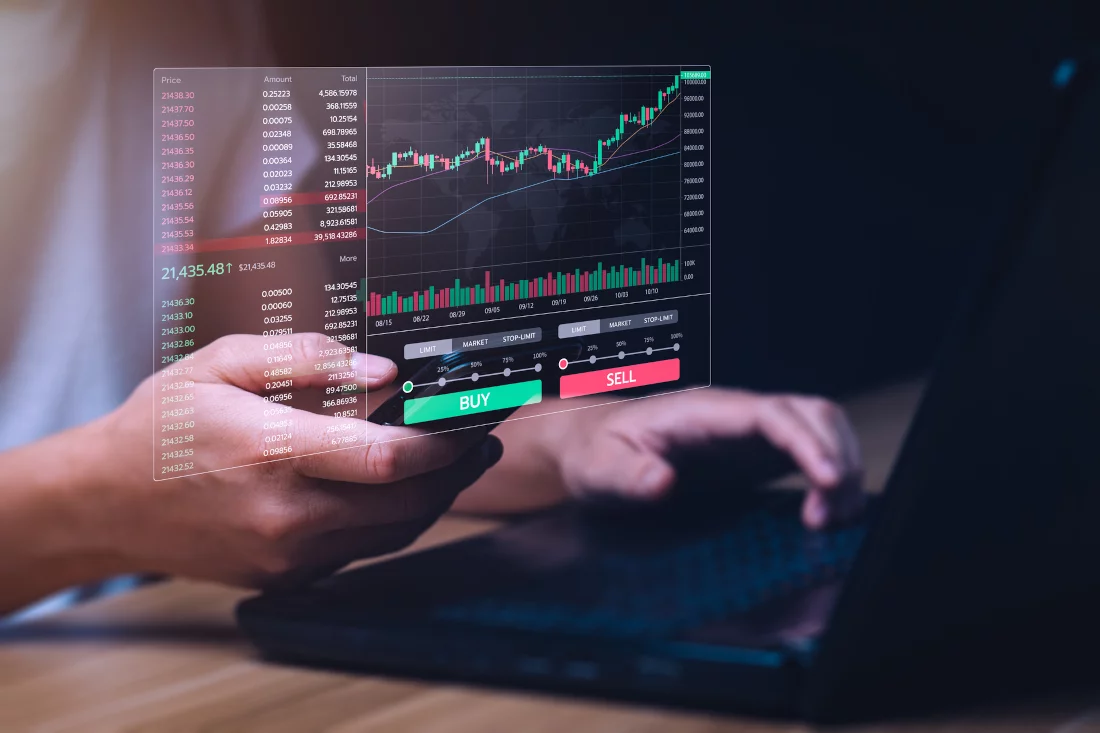Even though most of us are exposed to inflation on a daily basis, only a small percentage of us comprehend what inflation is and how it influences our lives. Simply put, inflation is the process by which the prices of goods and services go up over time. As a result, the number of goods and services that your money can buy will become less valuable as inflation increases. In other words, if inflation is 2% the following year, your R1700 will only be valued at R1698 in terms of its purchasing power. Even though it might not appear to be much of a problem now, the effects of inflation on one’s finances can become significant over time.
Most of us are oblivious to the ways in which inflation is influencing our lives, despite the fact that it can result in financial losses in a variety of forms.
Inflation can cause you to lose cash in a number of different ways in 2023, including the following:
The Cost Of Living

The cost of living is expected to continue its upward trend Inflation can have a variety of effects on each of us, but one of the top contributing factors is seen in the cost of living. The price of goods and services continues to rise, but the majority of the time, our wages do not. This results in us having less money to cover the essential expenses associated with maintaining our standard of living.
Monitor the Inflation On Your Savings
If you have cash saved in a checking account, then inflation is gnawing away at your savings, causing your savings to become worth less and less over time. The reason for this is that the interest rates offered by savings accounts are typically lower than the rate at which inflation is running. For instance, if inflation is 3% and the interest rate on your savings account is 2%, then your investments are decreasing in value in terms of their purchasing power.
Repaying Your Loans
If you have any loans, the cost of repaying them will increase due to inflation. This means that the amount of interest you pay on your debts will also increase. This is due to the fact that the interest rates on the vast majority of debts, including bonds and loans, are fixed. This indicates that the actual worth of your repayments will decrease as the rate of inflation increases.
Inflation On Your Retirement Annuities
If you are retired or getting ready to retire, then inflation can have a massive effect on your living standards. This is because your pension will be worth less. The reason for this is that pensions are frequently fixed, which means that they do not keep up with the rate of inflation. As a direct consequence of this, the value of your pension will gradually decrease over time.
You Are Currently Being Taxed at a Higher Rate

Inflation can also have an effect on the amount of tax that you are required to pay. This is due to the fact that tax brackets are frequently not adjusted for the effects of inflation. Because of this, even if the value of your income remains the same, you may find that you are required to pay a higher amount of tax as the cost of living continues to rise.
Your Investments are Worth Less
This is due to the fact that the earnings from these investments are typically stable, whereas the costs associated with maintaining and operating them, such as insurance and maintenance, rise in line with inflation.
You Are Not Setting Aside Enough Money for Retirement
If you are not setting aside enough money for retirement, then you may find that you are unable to keep up with inflation in your later years. This is due to the fact that the amount you need to save increases over time while at the same time the buying power of your savings decreases over time. As a consequence of this, you run the risk of having difficulty meeting the financial obligations associated with your retirement.
Revenue From your Property Investments
If you invest in share capital or real estate, then inflation can make these investments riskier for you, which means that you are taking on more of a financial burden. This is due to the fact that the prices of these assets are frequently linked to inflation; consequently, the value of your investment could decrease if inflation were to increase.
All of Your Eggs Are In One Basket

You do not have a diversified portfolio if all of your savings are kept in a single location, such as a savings account; in this case, you do not have a balanced portfolio. This indicates that if there is an increase in the rate of inflation, the value of your savings will decrease. You should spread your savings out across a variety of assets, such as stocks, real estate, and bonds so that you can shield yourself from the effects of inflation.
You Haven’t Made the Necessary Preparations
If you haven’t made the necessary preparations for inflation, then this could catch you off guard and have a significant impact on your financial situation. Because of this, it is essential to be aware of the ways in which inflation can affect you and ensure that you have a strategy in order to protect yourself from its consequences of it. Although inflation is a fact of life, this does not imply that you have to accept it as inevitable.





